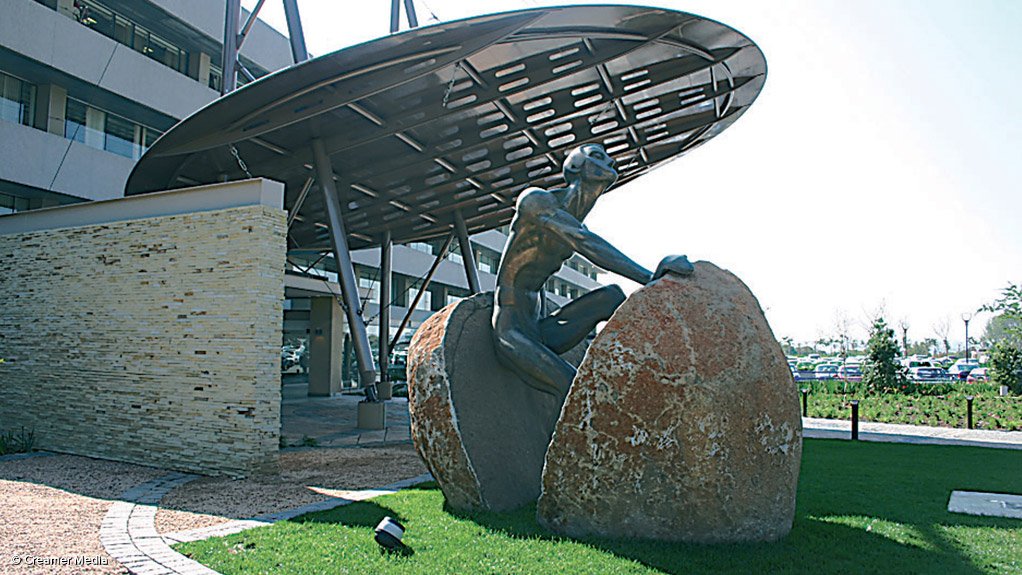South African mining and energy adviser Ted Blom has raised a litany of concerns about the state of power utility Eskom and has warned of runaway costs and shortfalls in coal and water, as well as rail capacity.
Blom was surprised by the recent buoyancy shown by Eskom acting CEO Brian Molefe, who earlier this week told Parliament’s Public Enterprises Portfolio Committee that Eskom was not bankrupt and pledged to try to put back into play the up to 3 000 MW that is taken offline to do maintenance, during load-shedding, by the end of the year.
Speaking to the Cape Town Press Club on Friday, Blom said Eskom was not sustainable and that auditors should have blown the whistle on the power utility years ago.
Blom, who used to be an Eskom adviser on a coal procurement roadmap to 2030, claimed that Eskom had been in denial about looming maintenance concerns for several years.
“We, the public, were never alerted to the fact that Eskom was not fulfilling its maintenance tasks. Maybe this explains why it was able to blow up two boiler sets over the past three years. Where has the money for this maintenance shortfall of R70-billion gone?” Blom asked.
He also accused Eskom of not heeding warnings about a looming coal shortage. He said Eskom had been “in total denial” about the Eskom “coal cliff”, which he had warned about during an investigation he was part of in 2008.
Blom said the investigation had revealed that Eskom’s old suppliers of coal in the Witbank area would start running out of coal at an alarming rate as from 2015. He claimed that, by 2020, the shortfall would amount to half of Eskom’s yearly consumption. The only alternative source of Eskom coal is the Waterberg, where there is expected to be a chronic water shortage.
“My own calculations indicate a shortage of more than five-million cubic metres of water for the power plant cooling and coal washing operations, a number that the proposed Hartebeespoort dam pumped scheme would not be able to fulfill,” said Blom.
He was also worried about the delay in setting up new collieries to supply Eskom.
Blom further flagged the rising cost of coal as a major risk. He said this was largely owing to Eskom overpaying suppliers as a result of black economic-empowerment requirements. He claimed that these companies sell the coal at distorted prices to the power utility.
“Econometric models indicate that even if Eskom is granted 25% annual increases until 2030, it will still be bankrupt, the main driver being the additional costs of coal and coal haulage, which are rising at above 25% yearly and create an ‘umbrella’ for other costs to climb.”
Blom cited other concerns, including a dramatic shortfall in generating capacity, as well as a cash shortfall for rising claims by contractors and poor skills on site at Medupi and Kusile.
“Alarm bells should ring as to the disastrous effect closing artisan colleges has had on the quality of South African technical skills,” he said.
Earlier this week, Molefe tried to allay fears about costs and security of supply of energy. He said the situation was not as bad as it appeared to be and was confident he could get the power utility back on track.
EMAIL THIS ARTICLE SAVE THIS ARTICLE
To subscribe email subscriptions@creamermedia.co.za or click here
To advertise email advertising@creamermedia.co.za or click here











